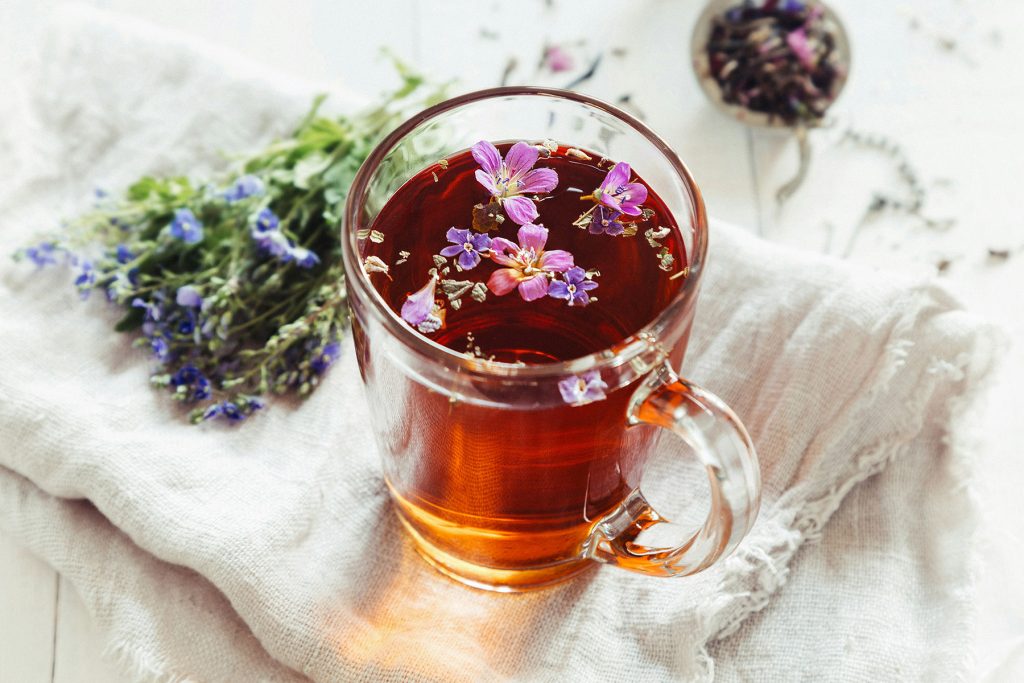Best Herbal Teas for Sleep: Ingredients That Actually Work
In a fast-paced world characterized by relentless schedules and engaging digital screens, achieving a restful night’s sleep can often feel elusive. Fortunately, nature provides us with an array of herbal teas that can promote relaxation and improve sleep quality. This article explores some of the best herbal teas for enhancing sleep, focusing on their key ingredients and how they contribute to better rest.
Understanding Sleep and Herbal Remedies
Sleep is essential for overall health and well-being, influencing everything from mood to cognitive function. Herbal teas have been cherished for centuries in various cultures for their calming properties. Unlike conventional medications, which may come with side effects, herbal teas can provide a natural remedy, often with numerous health benefits.
The Science Behind Herbal Teas and Sleep
Herbal teas contain compounds that may facilitate relaxation and improve sleep quality. Many of these teas are rich in antioxidants and other beneficial ingredients that combat stress, anxiety, and insomnia. By understanding the specific herbs and their properties, we can make informed choices about which teas to incorporate into our nighttime routines.
Top Herbal Teas for Sleep
1. Chamomile Tea
Ingredients: Dried chamomile flowers (Matricaria chamomilla)
Chamomile tea is one of the most popular herbal teas for promoting sleep. It contains an antioxidant called apigenin that binds to brain receptors, promoting relaxation and reducing insomnia symptoms. Drinking chamomile tea before bed may help reduce anxiety and improve overall sleep quality.
2. Lavender Tea
Ingredients: Dried lavender flowers (Lavandula angustifolia)
Known for its soothing aroma, lavender tea is a popular choice for relaxation. Studies have shown that inhaling lavender or consuming it in tea form can lead to improved sleep quality. Lavender has calming effects on the nervous system and may help reduce anxiety levels.
3. Lemon Balm Tea
Ingredients: Dried lemon balm leaves (Melissa officinalis)
Lemon balm tea is derived from the lemon balm plant and is known for its calming properties. It contains compounds that may help alleviate anxiety and promote sleep. A study published in the journal “Psychosomatic Medicine” found that lemon balm extract reduced stress and improved sleep quality when taken before bedtime.
4. Passionflower Tea
Ingredients: Dried passionflower (Passiflora incarnata)
Passionflower tea has been used traditionally as a remedy for anxiety and insomnia. It works by increasing levels of gamma-aminobutyric acid (GABA) in the brain, a neurotransmitter that promotes relaxation. Some studies suggest that passionflower tea can improve sleep quality and reduce insomnia symptoms.
5. Valerian Root Tea
Ingredients: Dried valerian root (Valeriana officinalis)
Valerian root is often referred to as nature’s sleeping pill due to its sedative properties. It may help shorten the time it takes to fall asleep and improve the quality of sleep. It contains alkaloids and other compounds that act on the brain’s GABA receptors. However, due to its potent effects, it’s advisable to consult a healthcare provider before use.
6. Sleepytime Tea
Ingredients: A blend of chamomile, spearmint, lemongrass, and other herbs
Sleepytime tea is a herbal blend designed to promote relaxation and sleep. While the exact ingredients may vary by brand, it typically contains chamomile, spearmint, and lemongrass—all known for their calming effects. This combination can help soothe your mind and body, making it an excellent choice for bedtime.
7. Hops Tea
Ingredients: Dried hops (Humulus lupulus)
Often associated with beer production, hops have sedative properties that can help with sleep. Research has indicated that hops may facilitate sleep and reduce restlessness. When brewed in tea, hops can offer a bitter flavor that some enjoy alongside other herbal notes.
Helpful Tips for Brewing Herbal Teas for Sleep
To maximize the sleep-promoting benefits of herbal teas, consider these brewing tips:
1. Use Fresh Ingredients
Whenever possible, opt for dried herbs that are fresh and organic. This will ensure you receive the maximum potency and flavor from your tea.
2. Controlled Brewing Temperature
Different herbs have varying optimal brewing temperatures; for instance, delicate flowers like chamomile benefit from water that is just below boiling, while roots like valerian may require boiling water. Typically, steeping for about 5-10 minutes can yield good results.
3. Add Natural Sweeteners
If desired, add natural sweeteners like honey or agave to enhance the flavor of your tea without compromising its health benefits.
4. Create a Nighttime Routine
Incorporating tea into a bedtime routine can signal your body that it’s time to wind down. Consider enjoying your tea in a calm, dimly lit environment to enhance relaxation.
Conclusion
Herbal teas can be an effective natural remedy for enhancing sleep quality. By choosing the right ingredients, such as chamomile, lavender, lemon balm, passionflower, valerian root, and others, you can create a soothing bedtime ritual that may help you drift off to sleep more easily. Remember to consult with a healthcare professional if you’re considering herbal remedies, especially if you have existing health conditions or are taking medication.
Incorporate these herbal teas into your nightly routine and embrace the natural path toward restful sleep. Sweet dreams await!
